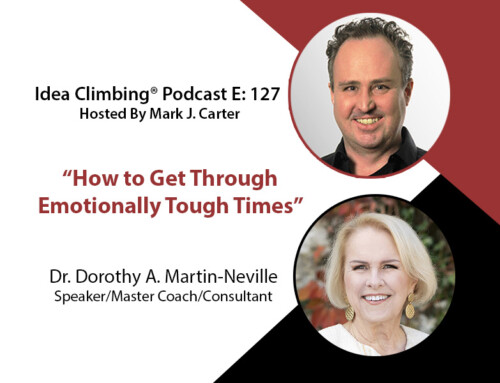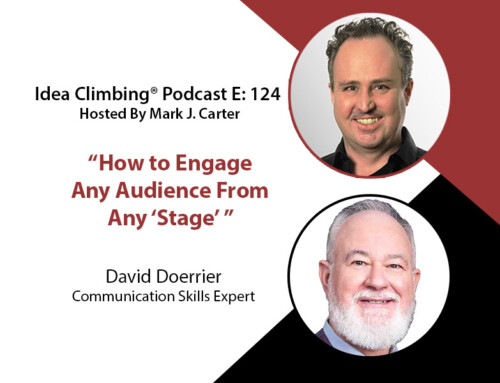Podcast: Play in new window | Download (Duration: 38:04 — 52.3MB) | Embed
Subscribe: Apple Podcasts | Spotify | Amazon Music | Android | iHeartRadio | RSS | More
During the pandemic Zoom has been doing VERY well and it seems like everyone wants to have a video call these days. But are they doing their video calls the RIGHT way and making them as productive as possible? That’s what I recently spoke about with Susan Ibitz, professional “Human Behavior Hacker”.
Some Tips for Video Meetings
Video conversations have great benefits. Having video conversations speeds up the process of meeting new people. Instead of setting up a coffee meeting three weeks out you can set up a 30-minute video meeting the same week as making contact with the other person. This also shortens the amount of time you have to research the person before speaking with them, so you have to be ready to act quickly.
Susan calls her clients every six months to ask what she can fix for them or how can she help them. She then asks a series of questions to get to know her clients better. If you do not have the right questions, you are not going to have the right answers that could move the relationship forward. One way to know what questions to ask is to understand modalities.
An important thing to know is that people primarily learn and interact in one of three modalities: Visual, auditory, or kinesthetic (touch).
If you have too many things going on in your background during a video call people are going to get distracted, especially if they are visual learners. You can tell if someone is a visual learner by the words they use, even in emails. An example of this is “I’ll SEE you later”. Another thing that helps communication with visual people is changing your background on Zoom. If you put up a background with your logo and the other person’s logo you’ve already put the two together.
Another important thing for rapport is smiling while you’re on camera. A good handshake replaces three hours of communication. Smiling on a video call replaces the in-person handshake.
Introverts & Extroverts
It’s also important to know if the other person is an introvert or an extrovert. Generally speaking, extroverts prefer video calls and introverts prefer a mix of video calls with phone calls. When you’re on phone calls it helps to walk around. That increases the oxytocin in your brain and helps you be more creative and focused on the phone call. One way to discover the best way to communicate with people is to give THEM the option of a video call OR a phone call. Let them tell you what their preferred mode of communication is.
Listen In!
On this podcast you’ll learn:
- How to go to your “happy place” during video calls which makes your calls more productive
- How to remind yourself to look at the camera instead of the other person during a video call
- How to communicate in the other two modalities, auditory and kinesthetic
- How to read someone’s face for important non-verbal cues
- What questions to ask to move the sales process forward
- …And more great nuggets of advice!
About The Guest
Susan Ibitz Human Behavior Hacker | Keynote | Corporate Trainer | Sales Trainer | FORBES.COM | TRIBE GLOBAL | Imagine you can learn a SUPERPOWER
Susan can deliver training and consult on Human Behavior, Micro-Expression, Body Language, Deception-Detection, Statement Analysis, Face Reading (Physiognomy), & Personality types, in English, Spanish, and Portuguese.
Susan has trained, consulted, and worked with people and fields such as:
Journalists & Producers – Politicians & Political Campaigns – Law Enforcement – Realtors – Lawyers – Market Research – Insurance Fraud – Headhunters – Match Makers – Managers – Medical Field Professionals – Sperm Donor Selection – Couples Compatibilities – Love Life – Sales Team – Job Seekers – Human Resources Professionals – Negotiation – Hospitality – Customer Oriented Services






